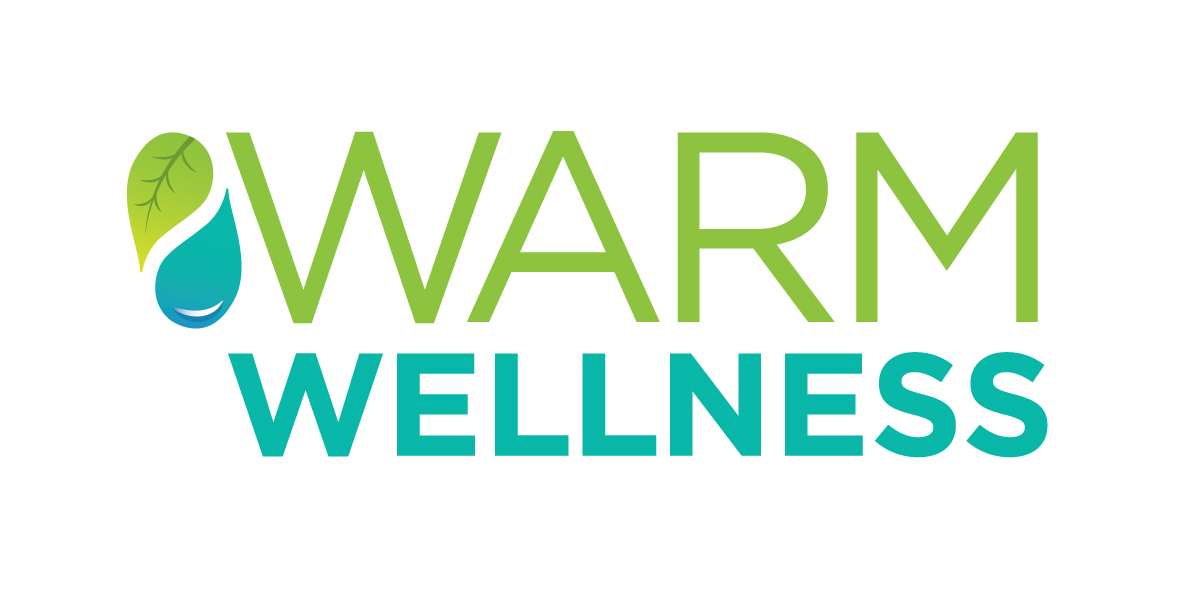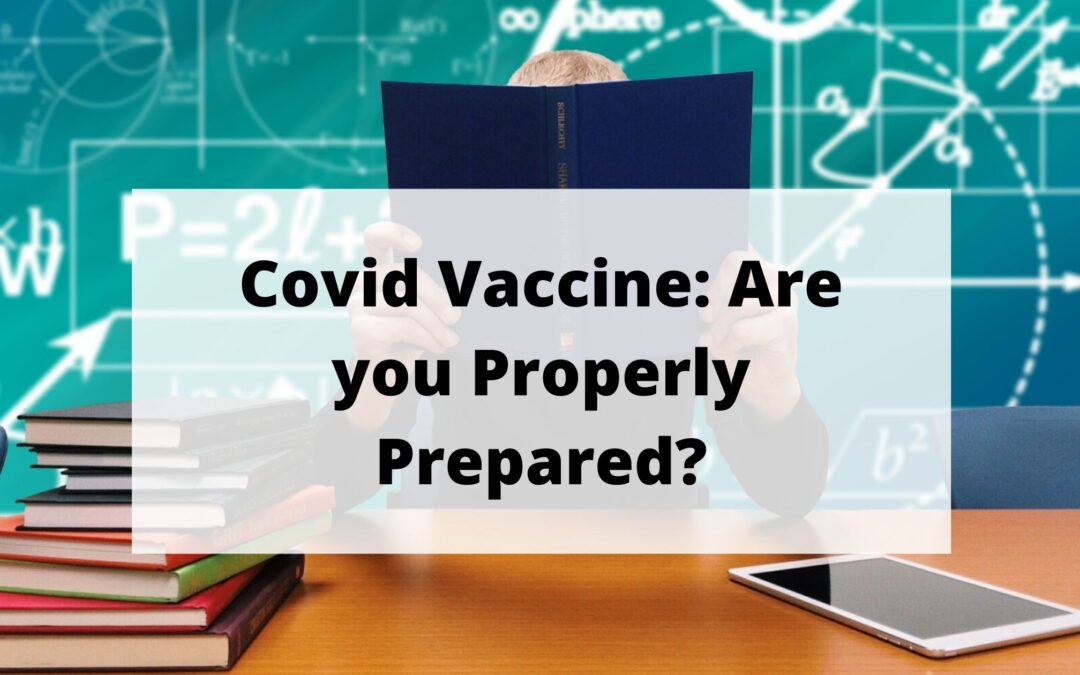5 Steps to Ensure You Get an A+ (or 6’s) on Your Covid Vaccine
As Europe (and specifically Switzerland) ramp up their COVID vaccine strategy, I started thinking about how to best prepare myself for the vaccine. I mean I’ve never even gotten the flu vaccine. So it has been quite a while since I got a shot in the arm. And ever since one of my followers suggested I read Matthew Walker’s book “Why We Sleep”, I was fascinated with the science behind how our immune system reacts to sleep, stress and other factors.
So my question is why aren’t there huge PSA (Public Service Announcements) about the best way to ensure your vaccine works properly? I mean it isn’t an automatic A as soon as the Vaccine is administered. Many factors are at play before, during and after the vaccine.
This is not an article about whether or not you should or shouldn’t get vaccinated (you should) but this is a cautionary tale to those like me are not only excited, but also like to be good students and do our homework on important tests.
The truth is there is a right way and a wrong way to go about getting your COVID vaccine.

But first a mini science lesson about vaccines.
Vaccines work by triggering our immune system to respond to a known threat. Think of it like gearing up your soldiers for battle with some new equipment or preparing for an important test. In order for the vaccine (equipment) to work effectively, your immune system (soldier) needs to be in ship shape with the right training on how the equipment works. And what to do when a threat appears. How healthy your immune system is determines how fast or effective a vaccine can fight off said threat. So it is important to keep your immune system in good working order before, during and after the vaccine is administered.
Just like taking a test or giving an important presentation – you need to be prepared. Vaccines just don’t instantaneously start working at 100% capacity. There is a ton of work that goes on inside the body to prepare your immune system for the potential threat. Preparedness is key.
I know we are all excited for things to return to normal, for shops and cultural events to open up and to finally start traveling outside these borders. But before you go crazy, here are a few tips to know as you head off for your shots.
The do’s and don’ts of vaccinations:
Curb your enthusiasm to Celebrate Just Yet
Before you pop the Prosecco to celebrate your new found immunization, keep in mind that alcohol is a known immune suppressant. It would behoove you to cut back on your alcohol intake for a week or two. Both, before and after the vaccine doses are administered. Don’t go party like it’s 1999 the second you get your first or second shot. Chill out and let your immune system do what it needs to do to give you the best response in the future.

Sleep Like Your Life Depends On It
You wouldn’t go take a big exam or give an important presentation on 4 or 5 hours of sleep would you? Same goes for vaccinations. Studies show that those getting less than 5-6 hours of sleep showed 50% less efficiency in creating antigens after a flu vaccine than those that logged more hours of sleep. Lack of sleep causes a stress response in the body which negatively impacts your immune system. It is important to get 7-8 hours of sleep normally, but it is super important before and after your vaccine.
Let Food Be Thy Medicine
For the immune system to generate protection against a disease following a vaccination, your body needs a variety of micronutrients. Make sure you are getting a ton of healthy, nutrient dense vitamins and minerals and antioxidants to support your immune system. Cut back on overly processed foods, sugars and alcohol. Instead make an effort to consume seasonally nutritious fruits and veggies. Along with healthy proteins and fats to naturally support the immune system during this time. Studies have found that adults who ate five or more servings of fruits and vegetables showed a significantly stronger response to certain vaccines than people who ate only two or fewer servings of fruits and vegetables. So eat your vegetables!

Savvy Supplements
If you had the power to increase your test results or performance on an exam would you take it? That is where a multivitamin can come into play. Taking supplements or a well rounded multivitamin can fill in the gaps where perhaps your nutrition is lacking. Now hear me out – a supplement is not a replacement for a crappy diet. It is important to make sure you are eating well at all times. And even then it is hard to get ALL the nutrients you need in your diet alone. Studies have shown that taking certain supplements (Vitamin A, B6, B 12, C, D & E) can increase the amount of antibodies produced following certain vaccines, as well as increase the ability of the immune system to respond to threats in the future.
Exercise but not too much
Exercise is good for not only your immune system, but your physical and mental health as well. It reduces stress, helps you sleep better and helps your immune system work effectively. But no need to start a new high intensity workout during this time just because it may be close to summertime. Too much exercise or long, high intensity workouts can have the opposite effect, causing your body to produce the stress hormone cortisol and in turn have a negative impact on your immune system. So keep it calm and stick to your normal exercise routine. You can train for that marathon after your vaccinations have had time to take hold.

So there you have it. Your PSA for how best to prepare and solidify your upcoming Covid Vaccine. You have the power to boost how well this vaccine does its job. Now I am off to get my first shot. I look forward to celebrating with you after my second shot and once my body has had a sufficient time to do what it needs to do. Take care everyone!
‘COVID Vaccine: Are You Prepped For The TEST Of Your Life?’ was first published on My Swiss Story on May 19, 2021 by Angela Warm. That’s me!

